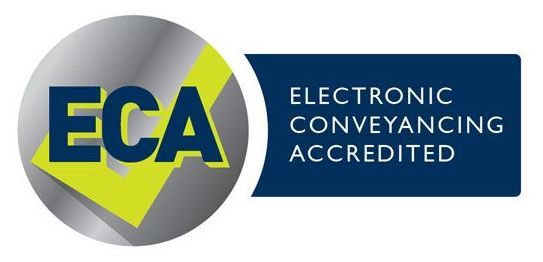Frequently Asked Questions
Helping You Navigate Legal Matters
Hynes & McCormack provides legal services in Murwillumbah and Cabarita Beach, assisting clients with conveyancing, wills and estates, probate, will disputes, and criminal and traffic law matters.
Our firm offers guidance on legal documentation, estate administration, property transactions, and court procedures. Whether you require assistance with drafting a will, applying for probate, or understanding property settlements, we provide information to help clients navigate legal responsibilities. Our Tweed Coast solicitor, Peter McCormack, offers legal advice and may provide representation where applicable.
To discuss legal matters or schedule an appointment at our Murwillumbah or Cabarita Beach offices, contact us at (02) 6672 1333.





